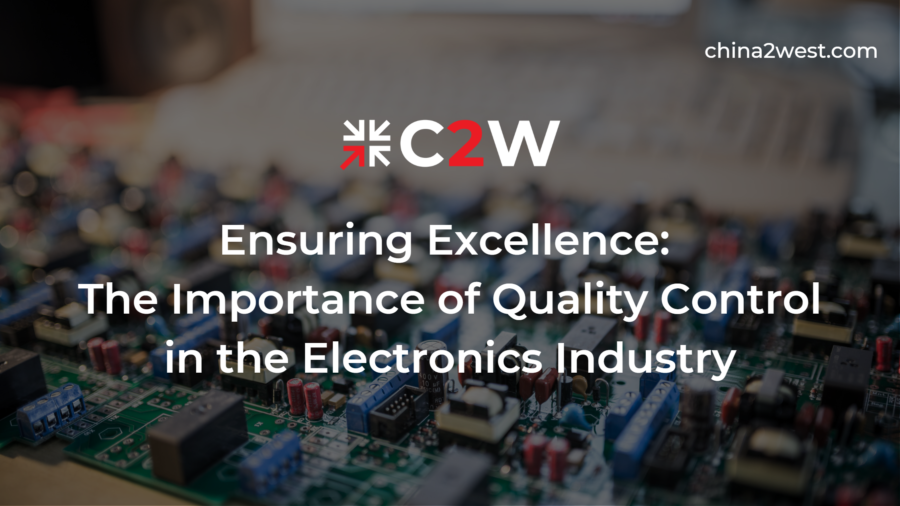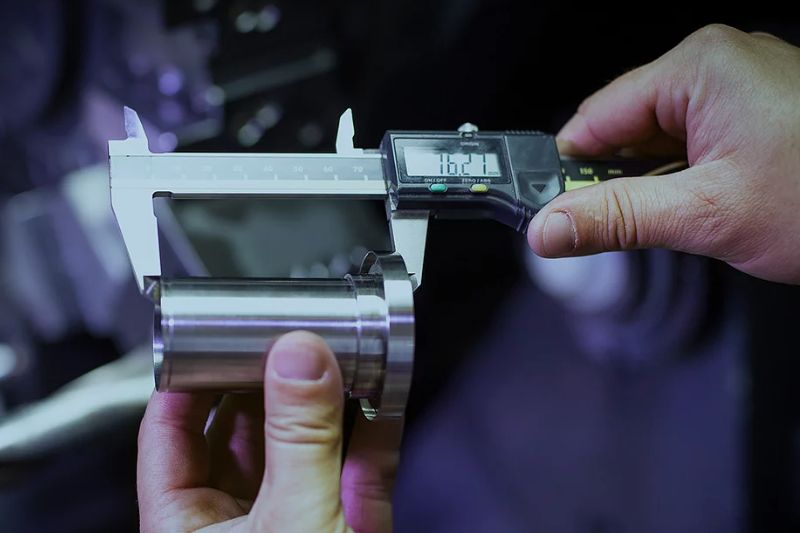Quality control is an integral part of any manufacturing process. It involves a systematic approach to identifying and correcting defects in a product.
In the electronics industry, quality control is of utmost importance as customers expect high-quality, reliable products that meet their needs and expectations. This article will explore the importance of quality control in the electronics industry, and provide a comprehensive overview of the quality control process, techniques, and benefits.
Overview of Electronics Industry
The electronics industry is a rapidly growing and evolving sector that includes the manufacturing of electronic components, devices, and equipment. From televisions to smartphones, electronics have become an indispensable part of our daily lives.
The industry has come a long way since its inception, with advancements in technology and production methods leading to a surge in demand for electronics.
Importance of Quality Control in Electronics Industry
In the electronics industry, the quality of a product is paramount. Customers expect high-quality products that are reliable, safe, and functional.
A product that fails to meet these expectations can result in serious consequences, including product recalls, legal liability, and damage to the manufacturer’s reputation and brand image.
Moreover, many electronics products are subject to strict regulations and standards, such as those set by the International Electrotechnical Commission (IEC) and the European Union (EU). Compliance with these regulations is essential to ensure the safety and functionality of electronic products. Quality control is a critical component in achieving compliance with these regulations and standards.
Quality Control Process in Electronics Industry
The quality control process in the electronics industry is a multi-step process that begins with the product design and development phase and continues through the final inspection and testing of the product.
The following are the key steps in the quality control process in the electronics industry:
Raw Material Inspection
During this phase, the raw materials used to manufacture the product are inspected for defects, such as cracks, chips, and other defects.
In-Process Inspection
At various stages of the manufacturing process, the product is inspected to ensure that it meets the specifications and quality standards.
Final Inspection
The final inspection is performed just before the product is shipped to the customer. This inspection ensures that the product meets the final specifications and quality standards.
Testing and Certification
This phase involves the testing of the product to ensure that it meets the safety and performance standards. The product may also be certified by a 3rd-party organization to demonstrate compliance with relevant regulations and standards.
Quality Control Techniques used in Electronics Industry
There are several quality control techniques used in the electronics industry to ensure that products meet the required quality standards. Some of the most commonly used techniques are:
Statistical Process Control (SPC)
SPC is a statistical technique that involves the collection and analysis of data from the manufacturing process to identify and correct any issues that may impact the quality of the product.
Total Quality Management (TQM)
TQM is a management approach that involves the integration of quality control into all aspects of the manufacturing process, from product design to delivery.
Design of Experiments (DOE)
DOE is a statistical technique that involves the systematic manipulation of variables in the manufacturing process to identify the most effective methods for producing high-quality products.
Failure Mode and Effects Analysis (FMEA)
FMEA is a systematic technique used to identify potential failure modes and the impact that these failures would have on the product. This information is used to develop corrective actions to prevent the failure from occurring.
Benefits of Implementing Quality Control in Electronics Industry
Implementing a comprehensive quality control process in the electronics industry provides numerous benefits, including:
Improved Product Quality
By identifying and correcting defects during the manufacturing process, the quality of the product is improved, reducing the risk of product recalls and customer complaints.
Increased Customer Satisfaction
Customers expect high-quality products that meet their needs and expectations. Implementing quality control processes helps to ensure that these expectations are met, leading to increased customer satisfaction and loyalty.
Compliance with Regulations and Standards
Quality control processes help to ensure that electronic products comply with relevant regulations and standards, reducing the risk of legal liability and protecting the manufacturer’s reputation.
Reduced Costs
Quality control processes help to identify and correct defects early in the manufacturing process, reducing the need for rework and repairs, and ultimately reducing costs.
Continuous Improvement
The continuous monitoring and analysis of the manufacturing process through quality control processes helps to identify areas for improvement and drive continuous improvement in the production process.
Quality control is a critical component of the electronics industry, ensuring that customers receive high-quality, reliable products that meet their needs and expectations. The quality control process involves a systematic approach to identifying and correcting defects and provides numerous benefits. By prioritizing quality control, manufacturers in the electronics industry can enhance their reputation and build customer loyalty.
C2W has 18 years of experience in quality control with a professional team that travels throughout China and Southeast Asia to do anything it takes for the best quality one can get. If you are interested in knowing more about our QC service, please don’t hesitate to contact us!




